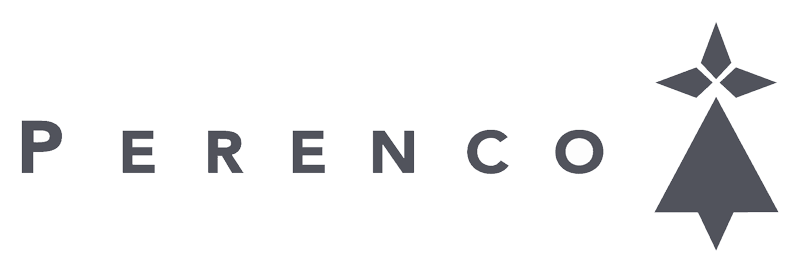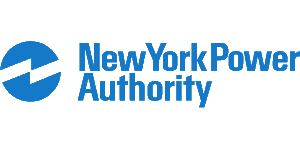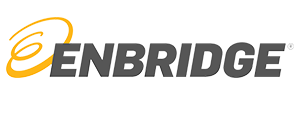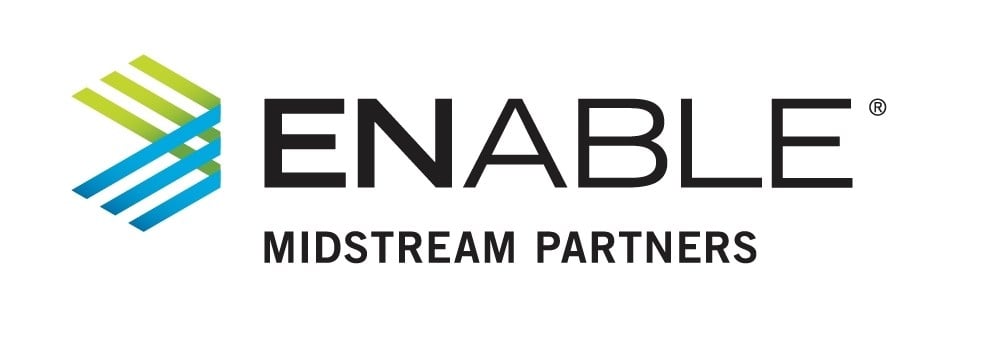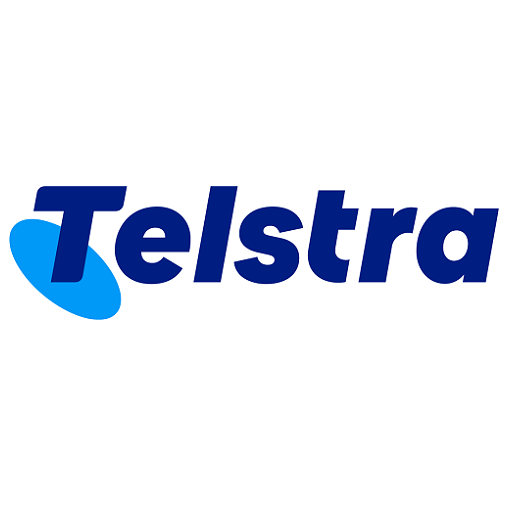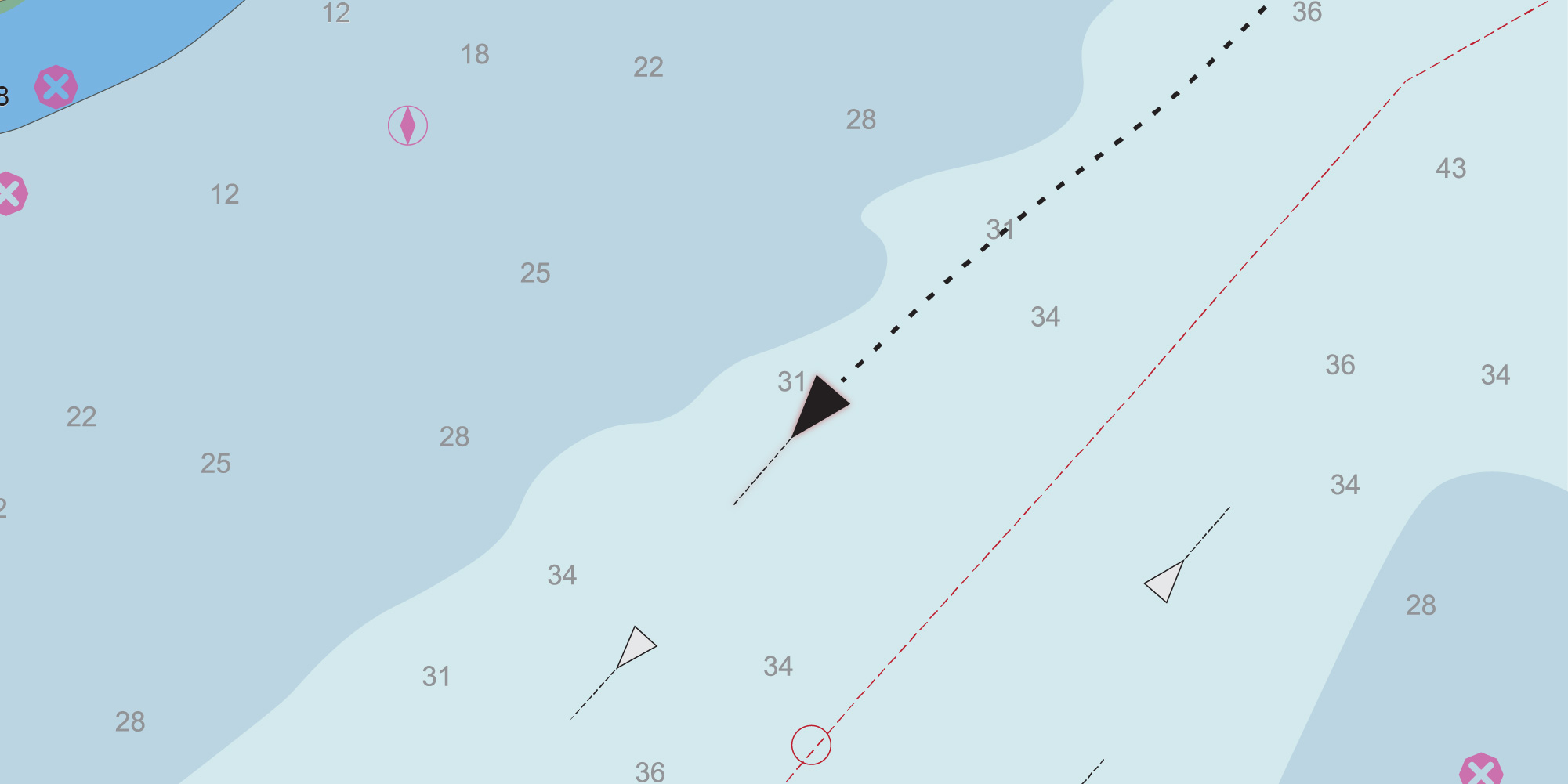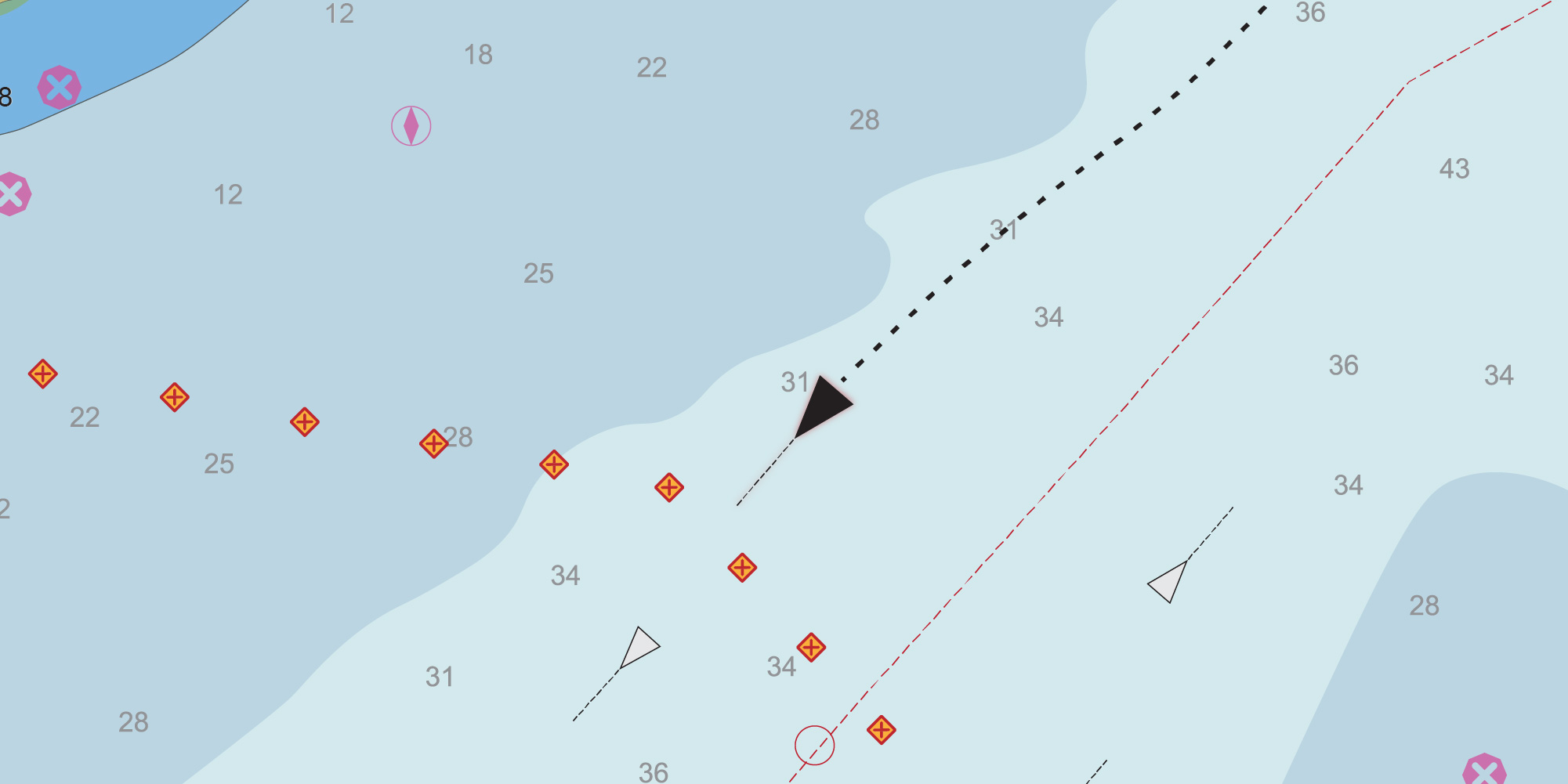Guardian:mark
Make assets and hazards visible to marine vessels
Place “digital buoys” (virtual AtoNs) for enhanced safety and protection
Create “Virtual Buoys”
Guardian:mark enables you to make hazards at sea visible when physical buoys are not appropriate, too expensive or impossible to deploy. The Guardian Shore Station is configured and controlled by Guardian Cloud, taking advantage of Vesper Marine’s unique AIS technology.
With secure cloud access for configuration and creating Virtual Aids to Navigation (VAtoNs or virtual buoys), Guardian:mark allows marine asset owners and authorities easy installation with secure remote access from anywhere.
What are Virtual AtoNs
(virtual buoys)
Using the international AIS standard, our Virtual AIS Station allows you to remotely create electronic “marks”. These marks are called “Virtual Aids to Navigation” (VAtoN) or AIS marks or virtual buoys. They are visible on the navigation screens of any vessel with AIS enabled equipment.
Approaching vessels can clearly see that there is a hazard approaching and understand the nature of that hazard (the AIS mark can provide information about the hazard).
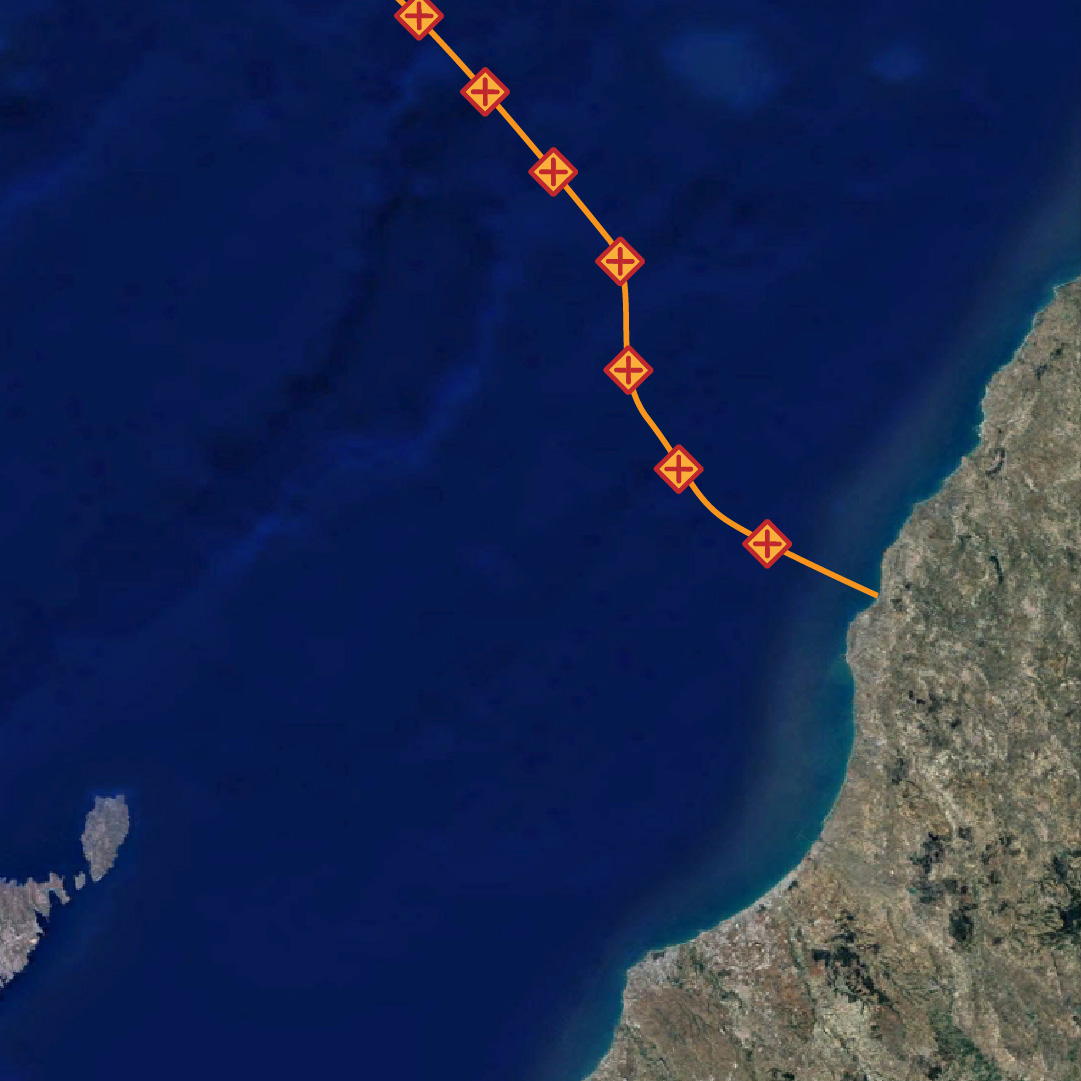
Uses for Virtual Aids to Navigation:
- Marking both visible and invisible hazards, including; cables, pipes, underwater equipment, bridges, offshore platforms, jackup rigs, marina/piers, wrecks, reefs or shellfish beds
- Marking shipping channels, used to “join the dots” between physical buoys to improve shipping lane visibility
- Marking areas where navigation conditions change frequently, including; overhead clearance, ice, tidal levels, weather, etc
- Marking moving hazards such as sand bars to regularly provide changes in location and provide alert warnings
- Create temporary cordons around events such as salvage, repairs, yacht races and swim courses or other exclusion areas such as hazardous spills, marine protected areas, etc
* Information displayed on board depends on type of equipment and/or navigation software being used.
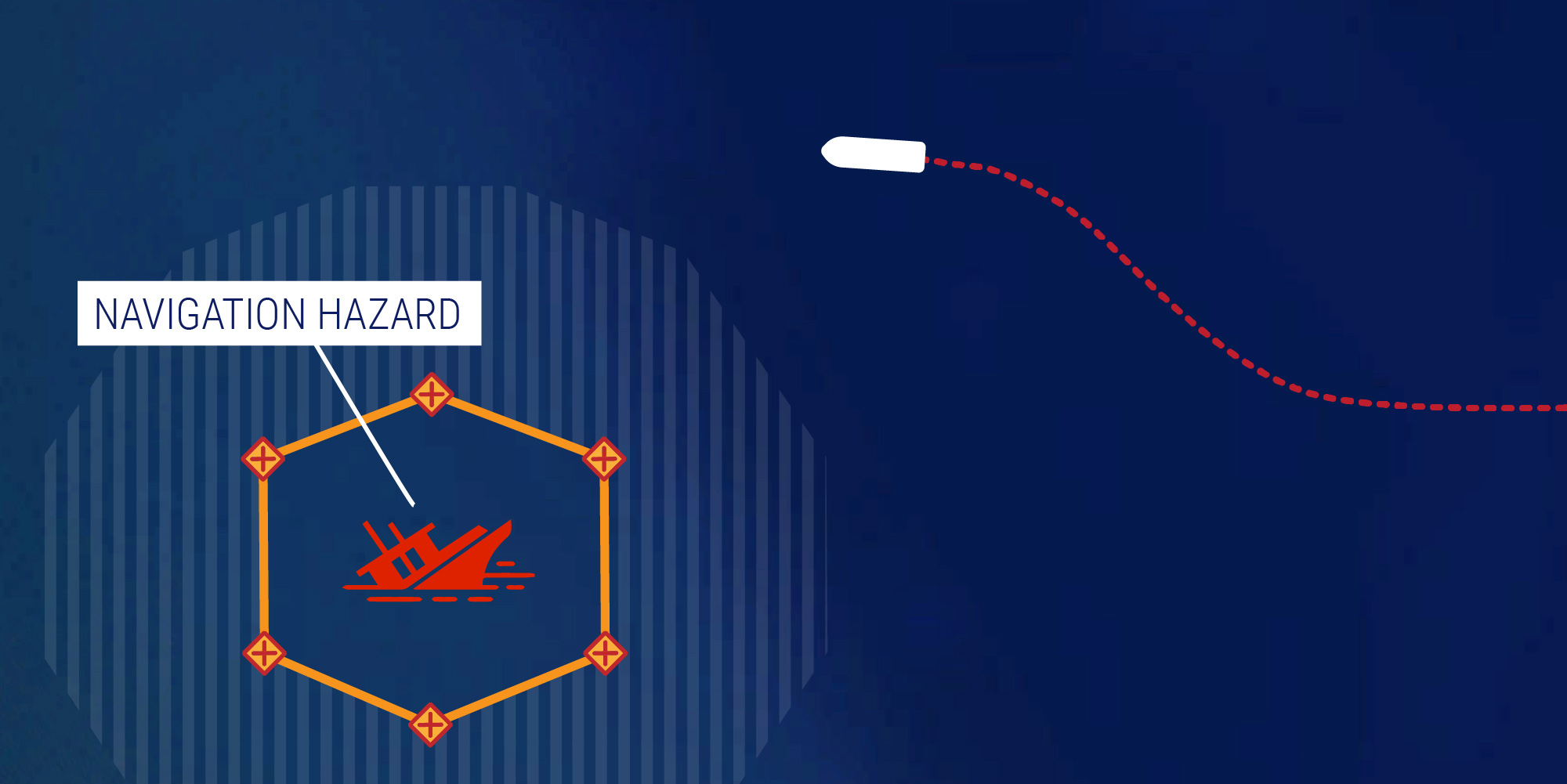
Advantage of virtual AtoNs
- Mark hazards or protection zones providing visibility to vessels
- Place AIS marks (virtual buoys) in locations where it is impossible to install physical markers
- Add, remove or change positions of AIS marks (virtual buoys) according to changing conditions such as tide, wrecks or temporary safety areas
- Access from anywhere knowing your data and access is secure
Guardian:mark Benefits
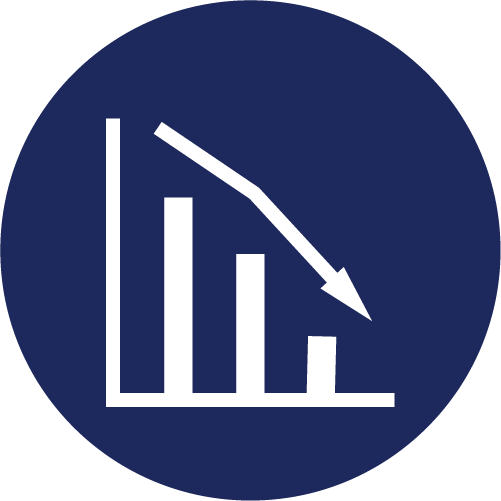
Cost Effective
Eliminate the need for expensive installation and maintenance of physical buoys or infrastructure.
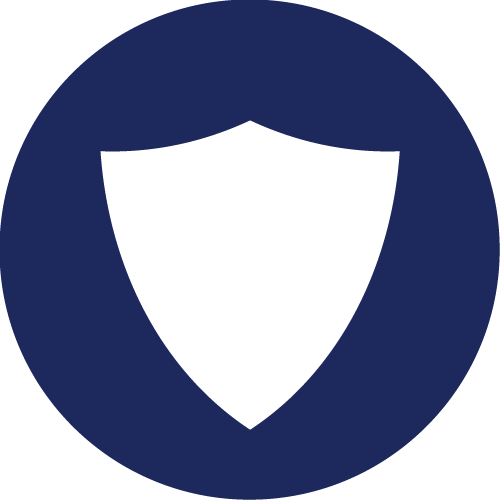
Tough and reliable
Fully waterproof (IPx7) for external mounting using either mains or DC power, including solar
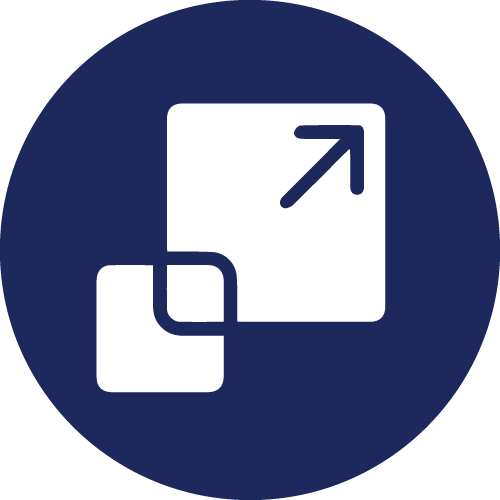
Scalable
Place up to 65 virtual marks or virtual buoys up to 25 nautical miles away (depending on mounting height)
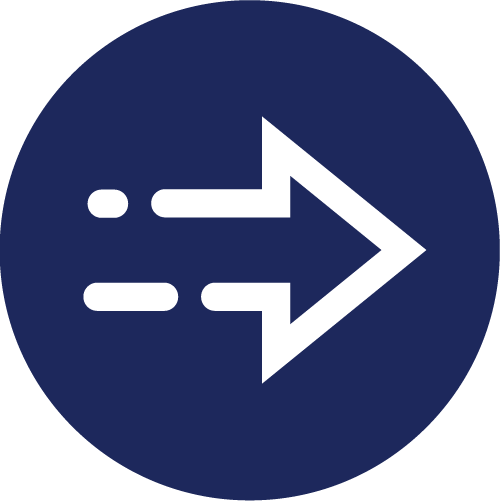
Fast and simple
Everything you need is provided, setup and configuration is easy
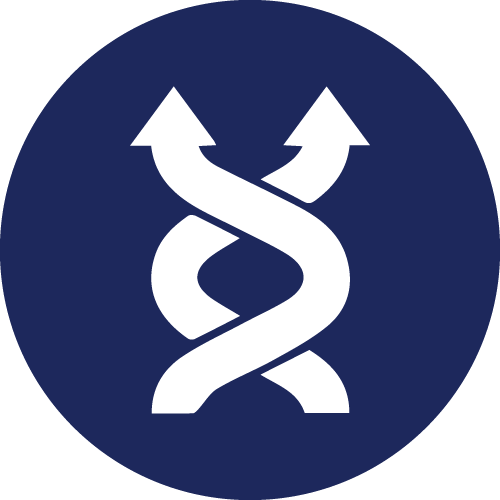
Flexibility
Move or create new virtual marks to reflect changing conditions, safety zones, etc
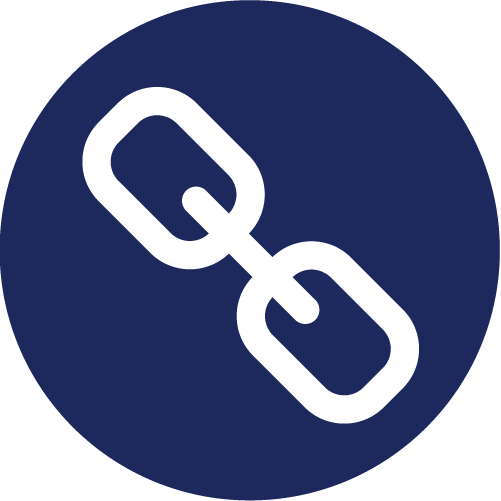
Secure
Protected communication to and from your Station for privacy and data integrity

International Standard
AIS Virtual Aids to Navigation are recognized by the International Maritime Organization

Proven
Virtual AIS buoys are used all over the world to protect assets and people every day
Learn how Guardian works
Client Examples
HOW GUARDIAN:MARK WORKS
Without Guardian:mark there is no Aid to Navigation
Create Virtual AtoN's in Guardian Cloud that vessels can see on their navigation equipment.
Get the ultimate protection with Guardian:protect
TRUSTED BY
